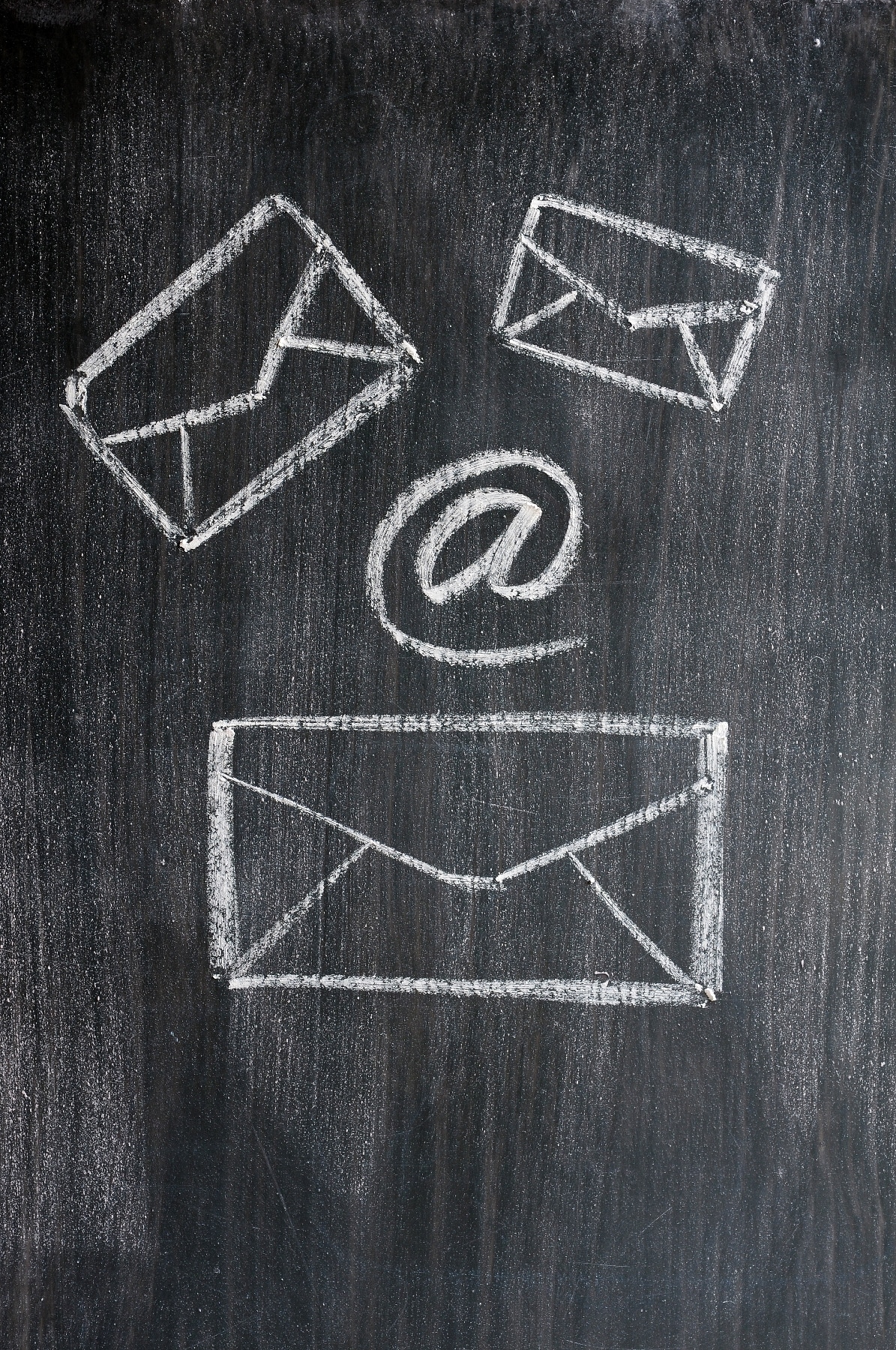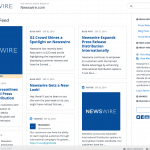
3 Tips for Emailing Your Press Release to the Media
You may have several goals for your press release. Among those goals may be the desire for your news and information to be picked up by the media. After all, local media coverage will draw attention to your business and help you grow.
One way to make sure that media representatives get your information is to personally email them a link to your press release. But before you hit send, read the following three tips to make sure you are putting your best foot forward.
Send a Personal Message
Sure, you like to be efficient. Why not send all of the media contact on your list a mass email? You’ll save time and you’re going to say the same thing to all of them anyway, right? Wrong. If you have so many media contacts that you are considering sending a mass email, then hire a virtual assistant to send each one a personal message.
Don’t send a mass email. Why? Well because you want the journalist or media representative to feel respected. It’s not professional to send a mass email to a professional contact. Additionally, your message should ideally be catered to that media rep, the publication they write for, and their unique audience. A mass email just cannot do your information or goal justice.
Be Succinct and to the Point
There’s also the tendency to send long-winded letters that essentially repeat all of the information in the press release. Skip that. Write a short message that summarizes your release and why you think their audience would benefit from the information.
Give them a reason to consider your information for a story, but don’t write the story for them. Include a link to the release, as well as your contact information. If you have a media page on your website, and you should, then also include a link to that page where they can get more information. Thank them for their time and sign your message.
Keep Their Audience in Mind
When reaching out to media representatives and journalists it’s important that you know who they are, who they write for, and what type of stories they like to cover. This shows that you respected their time enough to do some initial research. When emailing, make sure that your company and press release information are relevant to the journalist’s audience. If not, skip them this time and perhaps reach out to them when you do have information they might appreciate. Don’t automatically send every journalist you know your press release. Make sure it fits their needs and audience first.
Finally, follow up but do so by phone if possible, and only follow up once. No one likes to be hounded, and if you become that person that always pesters journalists then they’ll blacklist you. You risk credibility and any hope of the media covering your business. Be professional, always.











